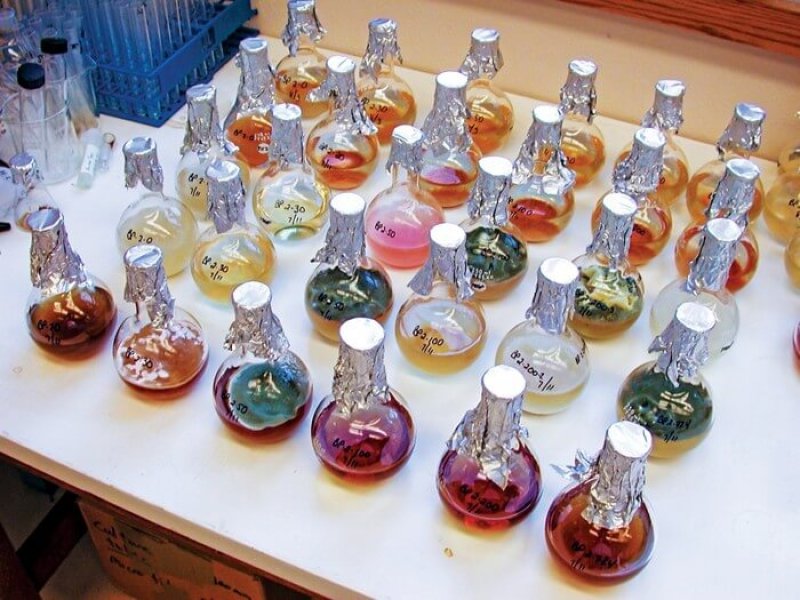Many scientists have been investigating the planet’s countless extreme environments, on the hunt for molecules that will inspire the next blockbuster drug or technological breakthrough. With some scientists estimating that less than 5% of fungal species and 1% of prokaryotic species on Earth are known, a lot of biodiversity remains to be explored.
…
From abandoned copper mines in Montana and Vermont to a coal seam in Kentucky that’s been burning for half a century, natural product chemists have begun to identify potential new pharmaceuticals in the most unlikely of places.
“Extremely hostile environments are an evolutionary playground,” says Tomasz Boruta, a bioprocess engineer at Lodz University of Technology, in Poland. “Organisms need to evolve all sorts of new compounds to adapt to those harsh conditions.”
…
[T]he chances that these tiny survivor organisms will yield useful molecules is high: the compounds they synthesize have to be potent and unique to help keep them alive. Though the work has yet to arrive at a doctor’s prescription pad, experts say that it’s probably only a matter of time until some of humanity’s biggest disasters begin to yield some lifesaving compounds.Read full, original post: Scientists mine for potential drugs in the Berkeley Pit and other industrial sites































